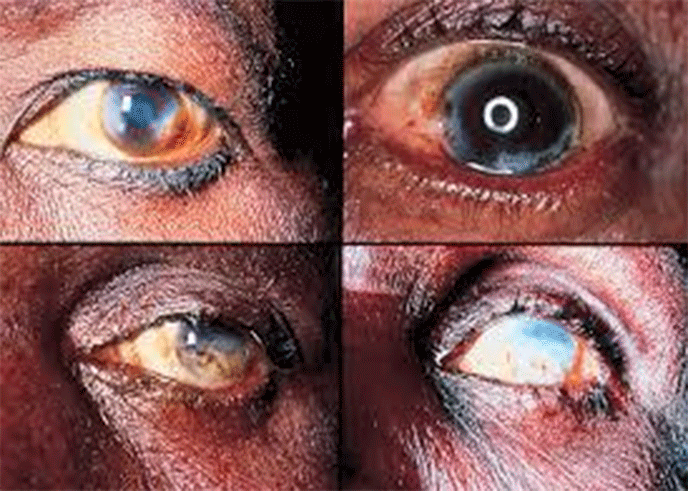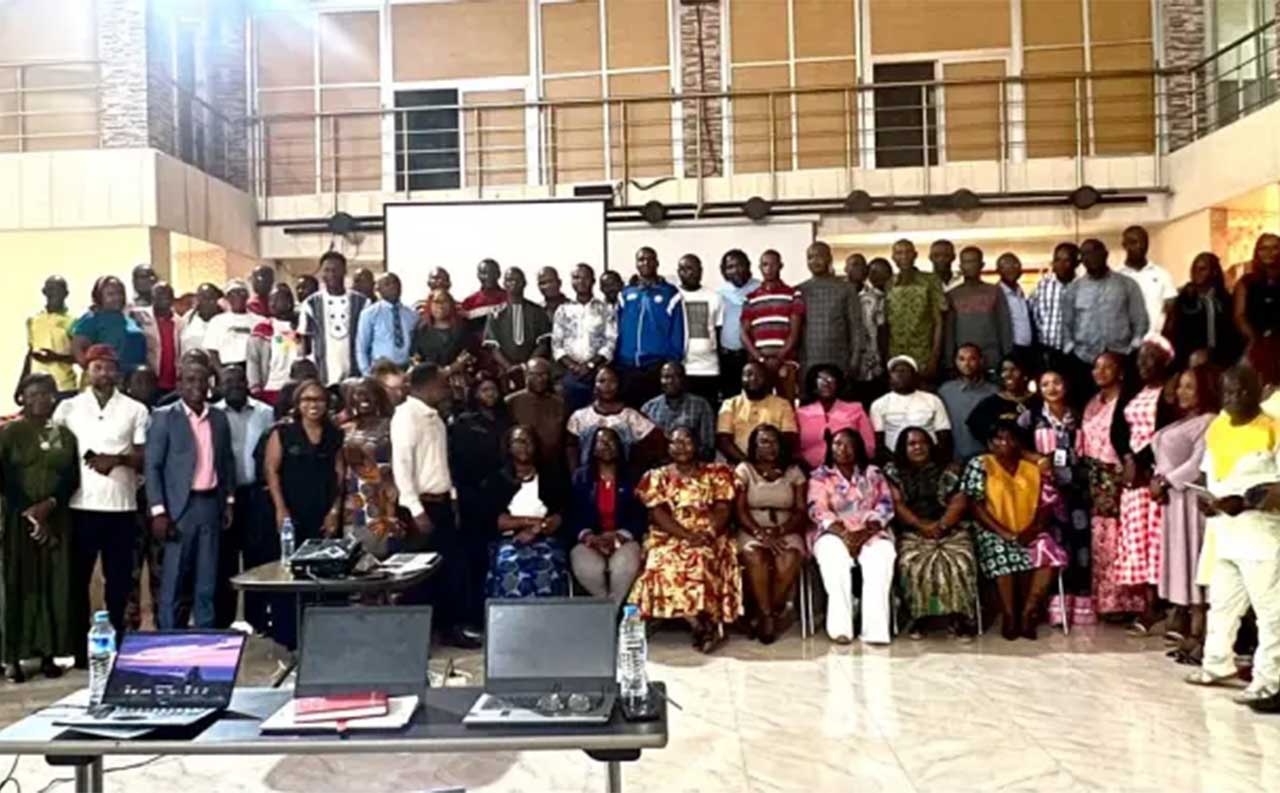The admission process of participants to the DOLF clinical trial is expected to begin today, April 5, 2024, at the Bong Mines Hospital, in Bong County, a statement has said.
The Death to Onchocerciasis and Lymphatic Filariasis (DOLF) Project, is a Clinical Research partnership between the Government of Liberia through the National Public Health Institute of Liberia (NPHIL), Ministry of Health (MOH) and Washington University in St. Louis. United States of America on the Safety and efficacy of novel combination regimens for treatment of the disease.
The primary goal of the study is to provide preliminary data on the safety of triple drug treatments IDA and MoxDA in persons with onchocerciasis when they are administered after pre-treatment with IVM to clear or greatly reduce microfilariae in the skin and eyes.
This study will also assess the efficacy of IDA and MoxDA for killing and sterilizing adult filarial worms. An improved macrofilaricidal treatment would be a major advance for the global program to eliminate onchocerciasis.
Onchocerciasis is caused by the filarial nematode Onchocerca volvulus and transmitted by Simulium blackflies that breed in rivers. Larval parasites (microfilariae, Mf) migrate through the skin and can cause severe skin and ocular diseases (“river blindness”).
Participants who have been recruited for admission to the trial are from onchocerciasis-endemic villages near Bong Mines Hospital which is in Fuamah District, Bong County, Liberia. During the trial, the primary screening will include skin Mf testing and nodule palpation as described for patients 18 years and above. Pregnant and breastfeeding mothers will be excluded from the study.
The World Health Organization (WHO) estimates that at least 25 million people are infected, with more than 99% of the infections in 31 countries in the sub-Saharan Africa, including Liberia. Currently, as of 2018, millions of people live in areas known to be endemic for onchocerciasis.
It is the world’s second leading infectious cause of blindness. An estimated one million people have been blinded or have severe visual impairment due to the disease.
The National Public Health Institute of Liberia (NPHIL) encourages the participants who have been admitted to the trial to take the trial seriously.



